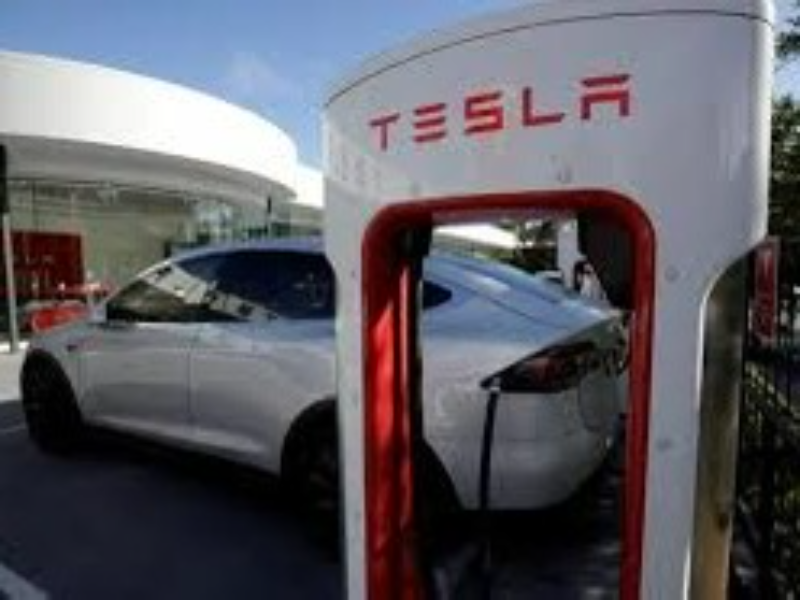- Smart electric cars offer a compelling solution to both environmental concerns and economic considerations, with lower fuel and maintenance costs offsetting the initial investment over time.
- Government incentives and policy support play a crucial role in making electric vehicles more accessible and financially viable for consumers, driving the transition towards sustainable transportation.
- While the upfront cost of smart electric cars may present a barrier to some consumers, the long-term savings, combined with intangible benefits such as reduced emissions and dependence on fossil fuels, make them a smart investment for individuals and society as a whole.
Smart electric cars have emerged as the vanguard of sustainable transportation in the rapidly evolving field of automotive technology. Beyond their sleek designs and advanced features lies a complex financial equation that extends far beyond the showroom floor. Delving into the true cost of embracing electric mobility reveals a narrative of initial investment, operational efficiency, and the intangible benefits that shape the future of transportation.
Initial investment
The sticker price of a smart electric car is often higher than that of its traditional gasoline-powered counterparts. For example, a Tesla Model 3, one of the most popular electric vehicles (EVs) on the market, starts at around $40,000, whereas a comparable gasoline sedan might cost significantly less. However, it’s essential to consider the long-term savings in fuel and maintenance costs that electric vehicles offer.
Fuel savings
One of the most significant advantages of smart electric cars is their lower fuel costs. Compared to gasoline vehicles, EVs are much cheaper to refuel, with electricity typically costing less per mile traveled. For example, in the United States, the average cost of electricity is around $0.12 per kilowatt-hour, whereas the average price of gasoline hovers around $3.00 per gallon. Over time, these savings can add up significantly, offsetting the higher initial purchase price of the vehicle.
Also read: Xiaomi CEO teases price on upcoming SU7 electric car
Maintenance costs
Electric vehicles have fewer moving parts than traditional internal combustion engine vehicles, leading to lower maintenance costs over the vehicle’s lifetime. EVs don’t require oil changes, transmission servicing, or exhaust system repairs, saving owners both time and money. Additionally, regenerative braking systems in electric cars help extend the life of brake pads and reduce wear and tear on other components.
Government incentives
Many governments around the world offer incentives to encourage the adoption of electric vehicles. These incentives can include tax credits, rebates, and reduced registration fees. For example, in the United States, EV buyers may be eligible for a federal tax credit of up to $7,500, depending on the vehicle’s battery capacity. State and local incentives can further reduce the overall cost of owning an electric car.
Charging infrastructure
While charging an electric vehicle at home is often cheaper than refueling a gasoline car, the cost of installing a home charging station should be considered. The price of a residential charging station can range from a few hundred to a few thousand dollars, depending on factors such as installation complexity and charging speed. However, many EV owners find that the convenience of home charging outweighs the initial investment.
Also read: How long will a Tesla battery last?
Intangible costs
Beyond the tangible financial considerations, there are also intangible costs associated with smart electric cars. These include factors such as range anxiety, or the fear of running out of battery power while driving, and the time required for recharging compared to refueling a gasoline vehicle. Additionally, the environmental benefits of electric cars, such as reduced air pollution and greenhouse gas emissions, have long-term societal and economic value that is difficult to quantify.
The cost of smart electric cars extends far beyond the sticker price. While the initial investment may be higher than that of traditional gasoline vehicles, factors such as fuel savings, lower maintenance costs, government incentives, and environmental benefits make electric cars an attractive option for many drivers. As technology continues to advance and economies of scale drive down manufacturing costs, the overall cost of owning an electric vehicle is likely to become even more competitive in the years to come. Ultimately, the transition to smart electric cars represents not only a shift towards more sustainable transportation but also a smart financial decision for many consumers.

